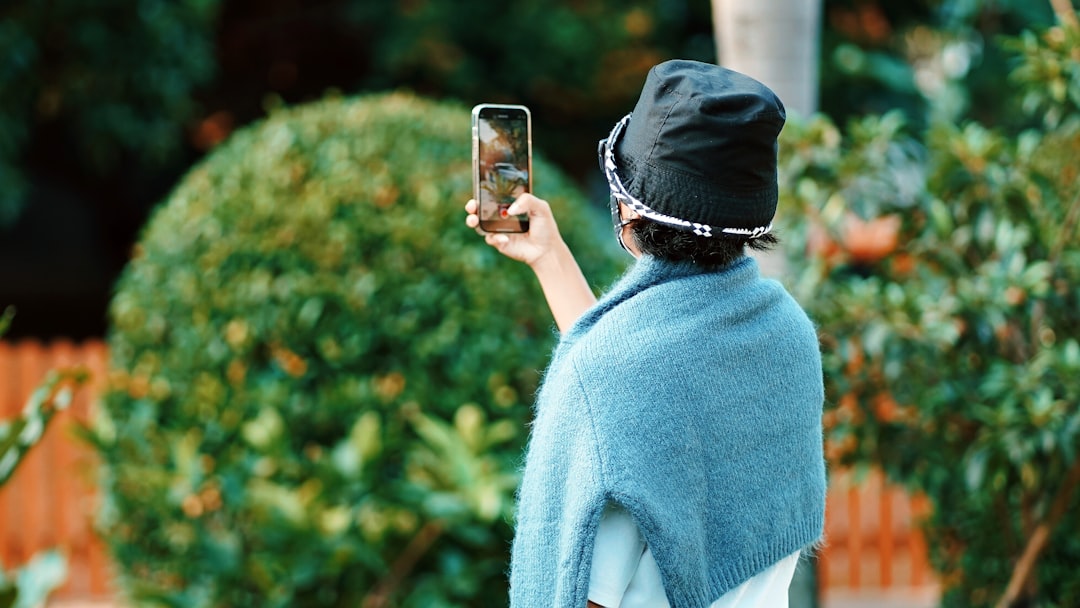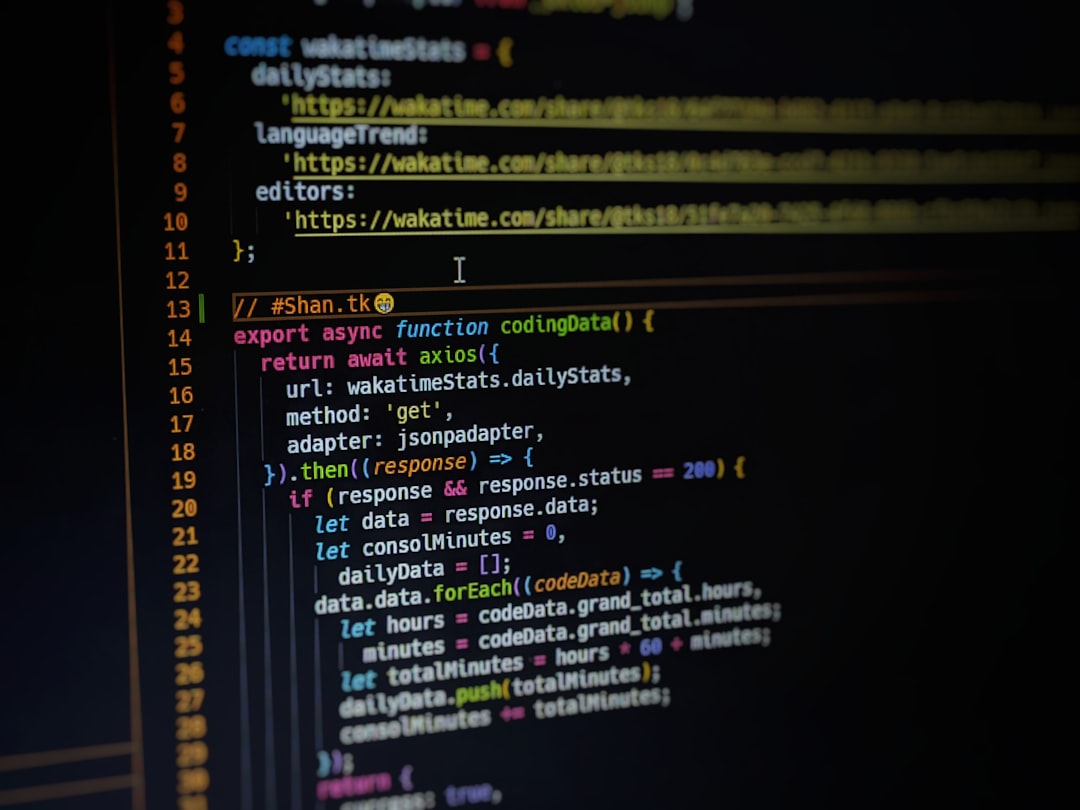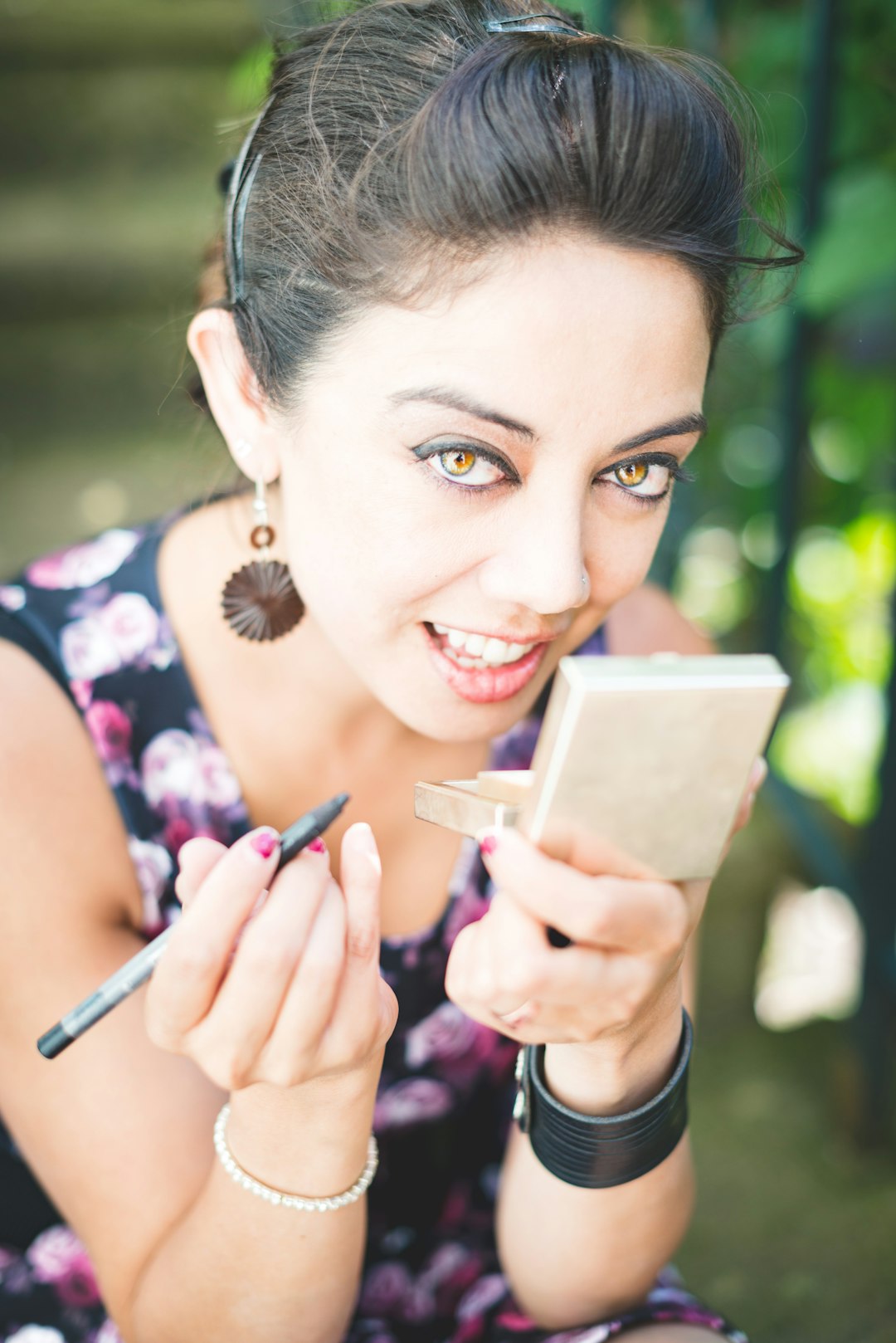In a time when digital privacy is becoming increasingly vital and headlines are often dominated by data breaches and surveillance concerns, celebrities are among the first to take security seriously. One app that’s recently started making waves in tech and entertainment circles alike is Zangi, a secure messaging platform that claims to provide end-to-end encryption, no data storage on servers, and high-definition voice and video calls. But the question remains — is Zangi actually popular among celebrities? Let’s dive into the truth behind that question and explore the relationship between fame, privacy, and technology.
TLDR: Is Zangi Popular Among Celebrities?
While Zangi hasn’t become a household name in the world of celebrity messaging apps like Signal or Telegram, there is growing interest among public figures concerned with privacy. Trusted security features like local data storage and a minimal server footprint make it appealing to high-profile users in need of discretion. However, because of its inherently discreet nature, most celebrity affiliations remain undisclosed by design. The platform has potential and may already be used more widely than the public realizes.
Privacy: A Top Concern for Celebrities
With public lives, massive fan followings, and near-constant media attention, celebrities are often targets for hackers, stalkers, and data breaches. From stolen photos to leaked conversations, the consequences of privacy missteps can be massive. As such, many celebrities and their teams have turned to more secure communication tools. Apps like Signal, Telegram, and ProtonMail have already made headlines — but what about Zangi?
Zangi positions itself as a truly private messaging platform, promising that it doesn’t store user data on its servers, doesn’t keep call logs, and allows users to retain complete control of their data. These features seem tailor-made for celebrities who need to protect sensitive conversations, confidential business arrangements, and personal communications.
What Makes Zangi Different?
Before analyzing celebrity usage, it’s important to understand what sets Zangi apart from other secure messaging platforms. Here are a few of Zangi’s defining features:
- Peer-to-peer encryption: Ensures that only the sender and recipient can access messages.
- Local storage: Conversations and metadata are stored only on users’ devices, not on external servers.
- Low data usage: Optimized for high-quality communication even on limited internet bandwidth.
- No phone number requirement: Users can register without linking a phone number or email.
These offerings are particularly relevant for celebrities who need to manage their privacy, especially when communicating during travel, high-risk projects, or legal situations.

Is Zangi Name-Dropped by Celebrities?
Unlike apps like Twitter and Instagram that thrive on public visibility, Zangi stays firmly in the background — and that’s by design. Its marketing doesn’t chase visibility through endorsements or flashy celebrity backing. Instead, Zangi presents itself as a tool for those who don’t want to be known for using it. As a result, it’s difficult to find celebrities publicly confirming its usage.
However, there are subtle indicators that suggest usage is more widespread than assumed. Leaked screenshots from entertainment industry insiders, vague hints during interviews about “special messenger apps,” and cybersecurity consultants recommending Zangi to clients in the film and music industries all lend credibility to the platform’s presence in celebrity circles.
Due to its low-server architecture and no-central repository for user activity, the app effectively “hides” its users — famous or not. No analytics, tracking APIs, or cookies make it nearly impossible to verify user statistics without internal access.
What Kind of Celebrities Might Use Zangi?
While mega-celebrities like Taylor Swift or Drake may not be Zangi’s known brand ambassadors, certain categories of public figures are more likely to gravitate toward it. This includes:
- Journalists and investigative reporters with high public profiles
- Political figures and activists who value communication secrecy
- Actors working on confidential film projects with unreleased scripts
- Music and entertainment managers exchanging sensitive contracts
- Sports agents and players managing new deals or transfers
In particular, artists who have experienced stalkers, leaked demos or personal invasions of their digital lives are more prone to be early adopters of secure alternatives like Zangi.
The Role of Cybersecurity Advisors
Another trend partially contributing to Zangi’s adoption in celebrity and high-influence communities is the increasing reliance on private cybersecurity advisors. These consultants are typically brought on during a crisis or pre-emptively to secure communications and train clients on avoiding risks. Several cybersecurity experts have stated off-record that Zangi provides an appealing balance between usability and uncompromising privacy, making it a preferred recommendation.
This type of professional endorsement can go a long way, especially when a celebrity’s brand, reputation, and safety are on the line. Discretion — a cornerstone of celebrity life — is Zangi’s native language.

Why Zangi Isn’t (and May Never Be) “Mainstream”
In a world where virality can propel a platform to overnight fame, Zangi takes a completely different route. Its appeal is in being non-mainstream. By not courting public visibility, it allows for a quieter, more secure environment that avoids public scrutiny and data farming that often comes with popularity.
Moreover, the app has limited features compared to commercial giants like WhatsApp, lacking corporate integrations and less polished social features. However, for celebrities and high-profile individuals, that’s often a plus, not a minus.
Comparing Zangi to Other Secure Apps
To truly understand where Zangi fits into the secure communication landscape, here’s a brief comparison with similar apps:
| Feature | Zangi | Signal | Telegram | |
|---|---|---|---|---|
| No central servers | Yes | No | No | No |
| Data stored locally only | Yes | No (limited) | No | No |
| Phone number requirement | No | Yes | Yes | Yes |
| HD call quality on low bandwidth | Yes | Moderate | Moderate | Moderate |
| Public usage by celebrities | Rare (private) | Frequent | Frequent | Frequent |
This comparison highlights that while Zangi may not enjoy the limelight, it offers deeper privacy in terms of architecture and user visibility.
Conclusion: Is Zangi the Celebrity Messaging Secret?
In many ways, Zangi’s strategy of opacity — both as a corporate ethos and user experience — has worked in its favor. While it may not trend on social media or appear in influencer TikToks, it quietly fits the needs of those who have the most to lose from poor digital hygiene.
Its lack of public endorsements by celebrities can be interpreted not as a lack of adoption, but rather as proof of its effectiveness. The more secure and private an app is, the less likely its high-profile users are to talk about using it. Because Zangi avoids data surveillance and ad-based profiling, it’s often the go-to choice for individuals who need communication tools that don’t announce their presence.
So, is Zangi popular among celebrities? The short answer is — probably more than we know. And if it’s doing its job right, we may never know just how popular it really is.

